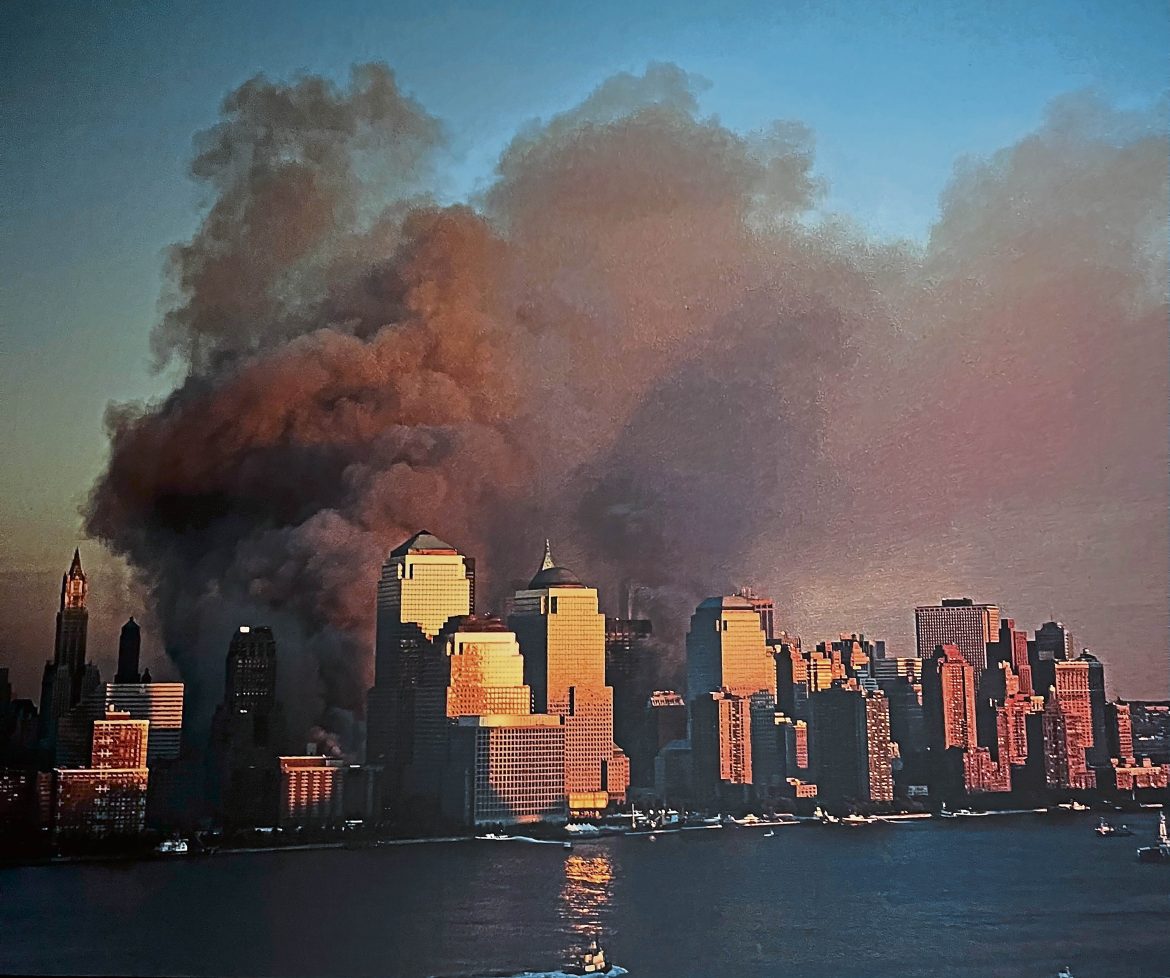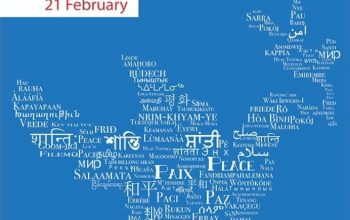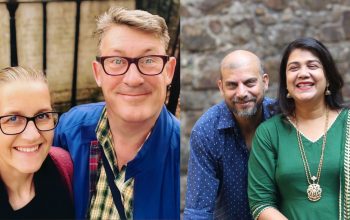As part of the Courier’s special supplement in the latest edition of The River, reflecting on the last 25 years, our reporter looked at the lasting effects of one of the biggest events of the period.
Everyone of age remembers where they were on 11 September 2001. Four coordinated terrorist attacks by al-Qaeda against the United States killed 2,977 people and forced humanity to confront a global terrorist attack on a scale not yet seen before.
Michael Clarke, a security expert and specialist advisor the the House of Commons Defence Committee from 1997-2019, said: “I never thought I would see terrorism be so consequential as it turned out to be on that day.”
Perhaps the most significant impact of 9/11 has been the rise of global jihadist terrorism, with significant attacks in 2004 in Madrid, 2005 in London and 2015 in France.
Speaking on 9/11, Clarke said: “It suddenly made terrorism look important. Before that, it never looked important. It was always destructive, but because of the way the West and America reacted to it, it made it look like a useful instrument.”
Clarke said with confidence that policy makers around the world assume a jihadist challenge is something they will live with for as long as they can foresee.
The event was the first international terrorist attack to significantly alter world politics. As a result, the United States, backed by Britain, engaged in wars with Afghanistan and Iraq.
This created a distrust in Western governments’ global policies and a decline in their geopolitical influence.
“It was more than 20 years ago. But still, it comes out, endlessly, as the greatest mistake it was possible to make for Britain and the US. As a strategic error it has not gone away,” Clarke said.
Although the rise of Islamophobia is down to an array of factors, experts say 9/11 played a role in hardening divisions and increasing community tensions.
According to the UK Home Office, 2024 saw 6,000 anti-Muslim hate crimes, a 12% rise from 2023.
Dr Ugo Gaudino, a lecturer at Kingston University whose research specialises in Islamophobia, said that 9/11 “created a climate of constant surveillance for the Muslim communities in the UK and the West”.
“Clearly, this had an impact on the rise of Islamophobia,” Gaudino added.
No one could have predicted the far-reaching and long-lasting impacts that 9/11 would have on the world, making it stand out as a pivotal moment in our history.





